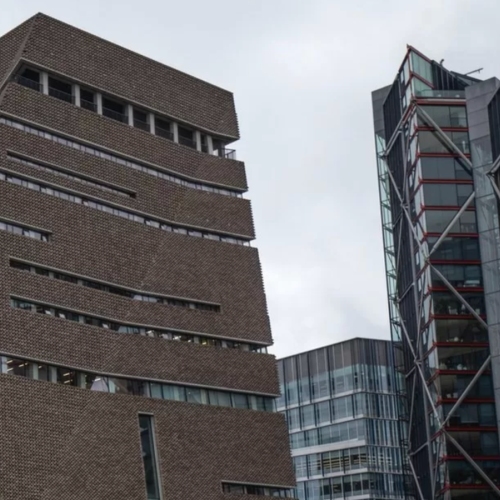Is bamboo the next Japanese knotweed?
The risks of bamboo are becoming better known, but are still (even in the property world) not on the radar to the same extent as the better known and highly invasive Japanese knotweed.
Bamboo is not classified as an invasive species and there are no legal restrictions on its planting or maintenance. Generally, bamboo falls into one of two varieties – clumping or running. These refer to the growth of the plant’s rhizomes (stems). The rhizomes in clumping bamboo stay relatively local to the plant, whilst in the running variety they can travel long distances laterally.
It is this potential for long distance travel that causes the bamboo to spread. A nice compact plant in a sunny corner of the garden can very quickly (90-100cm per day even!) spread to neighbouring land where it can erupt through lawns, sheds, fences, patios and even concrete foundations and brick walls.
What issues can arise from the spread of bamboo?
The unrestrained spread of bamboo can cause vast damage, and can amount to a legal nuisance and/or trespass. You may ultimately find that you are paying a neighbouring landowner to not only rectify any damage caused but also incurring the cost of a multi-year removal and treatment plan to ensure permanent eradication.
When it comes to bamboo the best bet is container planting, where it can be monitored closely and removed easily if necessary.
We are currently working on a bamboo-related case, we will post updates as this progresses. If you are having any issues with bamboo or invasive plants then please get in touch with one of the specialists at Hägen Wolf on +44 (0)330 320 1440 or hello@hagenwolf.co.uk.

LEEDS
One Park Row
Leeds,
West Yorkshire
LS1 5AB
Phone: +44 (0) 113 856 0446
Email: hello@hagenwolf.co.uk
Web: www.hagenwolf.co.uk
LONDON*
One Pancras Square
King's Cross
London
N1C 4AG
Phone: +44 (0) 207 846 4146
Email: hello@hagenwolf.co.uk
Web: www.hagenwolf.co.uk
NEWCASTLE*
Bank House
Pilgrim Street
Newcastle
NE1 6QF
Phone: + 44 (0)191 300 2756
Email: hello@hagenwolf.co.uk
Web: www.hagenwolf.co.uk
*‘We do not take service at our London and Newcastle offices. All meetings, at all of our offices, are by appointment only.
Hägen Wolf Limited (trading as Hägen Wolf) are solicitors of England and Wales authorised and regulated by the Solicitors Regulation Authority SRA Number 659328. Details of the Solicitors Code of Conduct can be found at www.sra.org.uk Hägen Wolf Limited is registered at Companies House No. 10830060. Registered Office: One Park Row, Leeds, LS1 5AB. We use the word 'partner' to refer to a shareowner or director of the company, or an employee or consultant who is a lawyer with equivalent standing and qualifications.
Site by: elate global
Contact us
Give us a call on 0330 320 1440 or send us an email at hello@hagenwolf.co.uk or fill in the boxes below and pop over a quick message and a member of the team will get back to you as soon as they're free.




